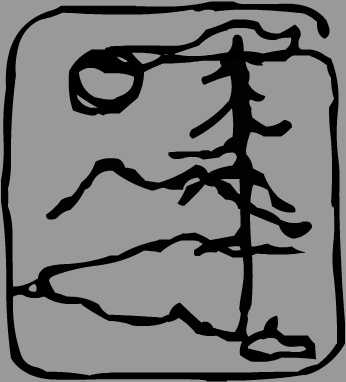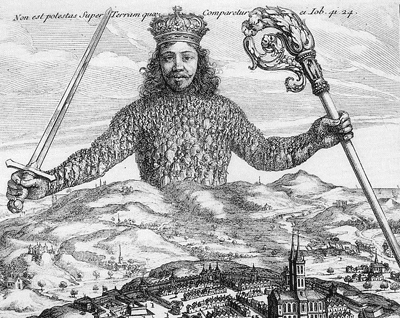
| Program Covenant |
| Catalog Description |
 |
Program Catalog Description
Three questions circumscribe the work of this curriculum:
- What is in the public interest and
how are public and private interests balanced?
- How is one educated for communal and
public life?
- What is the relationship between one's political identity and one's membership in a larger "ethnos" (a grouping based on language, ethnicity, religion and other characteristics that seem "prior" to citizenship)?
These questions arise for the individual vis-à-vis the state (a city-state, a nation-state, or an empire), and they arise for the Body Politic vis-à-vis a larger community of states, nations or empires. We will address them at both levels.
Our studies will be historical, and we will study closely the work of historians, philosophers and political theorists. We will examine, as well, how dramatists, painters and poets have represented the public and private self and how the arts shape, support or undermine public and private identities. Our approach will be cyclical, moving repeatedly, rather than quarter by quarter, through developments in Greco-Roman antiquity, then the founding period of political liberalism (17th and 18th centuries), then developments in recent times.
This program stresses acquiring and sharpening the tools of critical analysis, of interpretation and argumentation, both written and oral. Not only will we examine the Body Politic, we will be concerned with learning how to move it. We will emphasize learning to addressing the Body Politic,and learning to write and speak effectively in challenging or defending points of view on what constitutes the public interest. Writing and rewriting – both expository and interpretive – will be regular components of student work. Student work will be read both by faculty and other students. On occasion students will be asked to argue their views orally.
Credit awarded in history both ancient and modern, philosophy, political science, writing and civics. Upper-division credit will be awarded for upper-division work.
Total: 16 credits each quarter. Students who choose to study a foreign language will have the option to enroll for 12 credits per quarter. Winter and spring quarters students who choose to pursue an internship in the public sector will have the same option. Faculty will help develop the internship possibility with interested students during fall quarter.
Program is preparatory for careers and future studies in the humanities and social sciences such as history, political science, philosophy, law, public policy, education, politics and journalism.
This program is also listed under Culture, Text and Language and Society, Politics, Behavior and Change.
